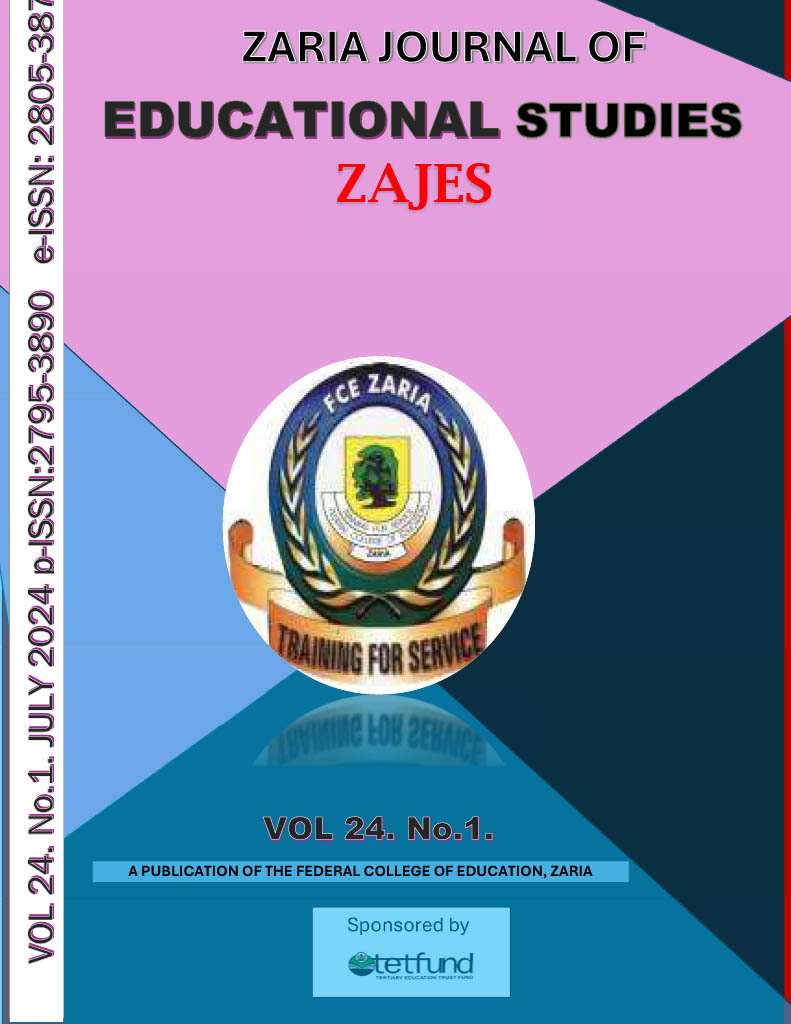Application of Artificial Intelligence in Technology Enhanced Learning for Sustainable Growth and Inclusive Development in Nigeria
Keywords:
Artificial Intelligence, Technology Enhanced Learning, AI Governance, Sustainable Growth, Inclusive DevelopmentAbstract
This study aims to explore the potential of artificial intelligence (AI) in technology-enhanced learning (TEL) to drive sustainable growth and inclusive development in education in Nigeria. Despite the country's abundant resources, the education system faces significant challenges such as inadequate infrastructure, teacher shortages, and disparities in learning outcomes, particularly among marginalized communities. To address these issues, the study proposes leveraging AI to revolutionize education through personalized and adaptive learning platforms, intelligent tutoring systems, and automated administrative tasks. The study emphasizes the potential of AI-powered TEL to enhance teaching and learning practices, improve educational outcomes, and provide more inclusive access to quality education. It suggests a comprehensive framework for AI policy and governance, highlighting the importance of balancing innovation and responsibility. This framework includes ethical guidelines, data protection measures, and capacity-building initiatives to address the risks associated with AI deployment in education. Empirical findings from the study demonstrate the positive impact of AI-based adaptive learning platforms on student performance and dropout rates across primary, secondary, and tertiary levels. It also highlights the potential of AI-enabled personalized education and skills development to meet workforce needs and contribute to economic productivity. The study concludes that AI-powered TEL holds significant potential for elevating educational outcomes, developing a skilled workforce, and driving sustainable growth and inclusive development in Nigeria. However, it acknowledges the challenges of inadequate infrastructure, digital literacy gaps, and ethical considerations that must be addressed through effective policies and strategies. Key recommendations include the development of a comprehensive national strategy for AI-powered TEL, investment in digital infrastructure and access, robust teacher training programs, fostering public-private partnerships, and implementing ethical governance frameworks and data protection measures.

